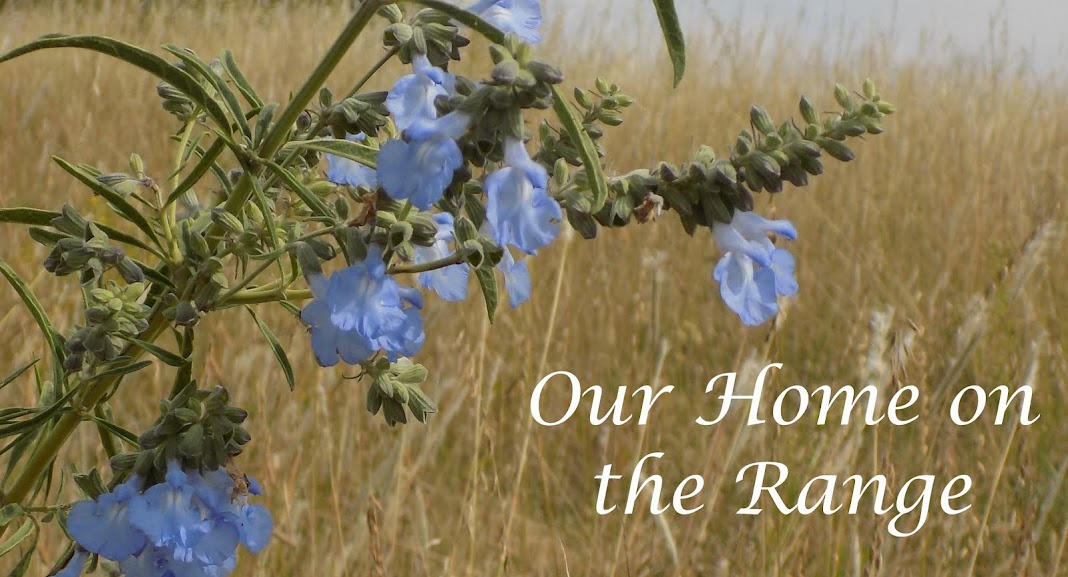by Marguerite de Angeli
I had the opportunity to proofread this book for Hillside Education in June. I waited to post about it until the final touches were complete and it was officially back in print. Hillside is doing good work, people!
Marguerite de Angeli, who wrote the familiar and wonderful The Door in the Wall, also wrote this book about twin thirteen-year-old boys of Norway who find themselves stranded alone by storm and sword in Scotland at the time of Malcolm II. Only one brother is captured; the other remains free which allows them to take turns as the captive and simultaneously discover the cruel plots by their captor. The boys remember and follow the teaching and advice of their father and their lessons in Norway: mastering their anger, keeping silent in company, training their bodies to endure hardships, mastering skills despite lack of interest.
Along the way, they encounter Christians who teach the boys about Jesus, in words and actions.
Memory of St. Andrew’s martyrdom strengthens our faith and makes us able to endure hardship and grief, and to know joy that Jesus, the Lamb of God, gave His life for every man.The example of Christians who wait on the Lord gives the boys strength to endure their mistreatment and the patience to wait for the right time to exact revenge on their father's murderer. (In the end, as the Christian suggests may happen, the villain meets his fate at the hates of the king.)
In His good time, He will help us,” said Murdoch. “Perhaps He is helping us now, though we see it not. God’s ways are not our ways. We must have faith, for even when all seems against us, all seems lost, we later find that all was for the best. Sometimes one must lose that many others may gain, even as Christ gave His life for us all. We must have faith."The boys naturally raise questions about the faith, many of which are interesting ones.
“Why does this Gavin make the sign then, when he is cruel as I know he is? He seems to like being thought cruel. Why makes he the sign?" asked Ian again.When they hear the story of Jesus calming the storm, the boys ask why the storm that destroyed their ship was not stilled.
“Who shall say that ye were not sent here for a purpose?” asked Gregory. “I be but a shepherd, and know these things only by hearing the holy pilgrims tell of them, but I know them to be true, though I know not the reason for the way things happen. We can only hope and believe, for often good cometh of seeming evil, as the lily grows from the slime and dung which feeds it.”More than once, Brus and Ian do not strike their enemy when he is in a position of weakness.
Brus wondered why he had troubled to save him. Yet, save him he had, surely. Then, he seemed to hear his father’s voice, as clearly as if he had really spoken, saying, “—and be just to all men.”
But was it “just” to save the life of an enemy? “Yes,” Murdoch Gow said. “Love thine enemy, hate him not, but hate the thing he does.”This is a story of courage and virtue, full of wisdom passed from father to son, and boys who eventually choose their own paths. The end is wonderfully exciting.
There are a few deaths, though not presented in a gruesome way. This book would be appropriate to read aloud to a wide range of ages, but I will probably have my children read it independently in late elementary or middle school. It would be particularly appropriate if studying the history of England and Scotland around the year 1000, but worthwhile anytime.

